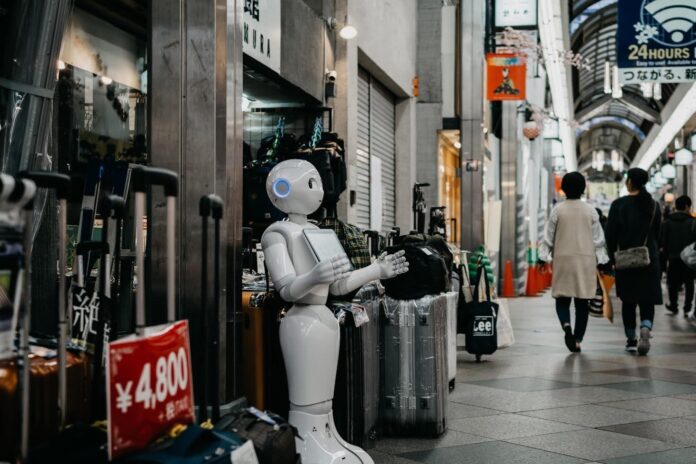Technology has always promised to lighten our workload, but the arrival of AI assistants has moved that promise much closer to reality. What began with basic voice commands has evolved into tools that can manage calendars, write emails, generate ideas, and streamline tasks that once drained time and attention. Whether you’re working remotely, running a household, or trying to stay on top of a growing to-do list, AI assistants are becoming indispensable companions. They don’t just follow commands; they anticipate needs. And their impact can be seen across both personal and professional spaces.
Voice AI: A More Natural Way to Interact
AI assistants have grown smarter, but the real breakthrough came with voice technology. Speaking to a device feels faster and more intuitive than typing. In the middle of multitasking, whether you’re cooking, driving, or exercising, talking to your assistant keeps the flow going without missing a beat. The experience has been elevated further through cutting‑edge low‑latency voice tech, which shortens the lag between your voice and the AI’s response. This small improvement reshapes the user experience by making conversations with machines feel smooth, reactive, and increasingly human. It reduces friction and opens the door for a more natural kind of multitasking, one that mirrors how we communicate with other people.
Managing Tasks Without Mental Clutter
One of the biggest values AI assistants bring is their ability to take the mental load off routine tasks. Instead of remembering to send a follow-up email, schedule a dentist appointment, or restock the groceries, these systems act as your external brain. You speak or type a request once, and it’s taken care of. Over time, they begin to learn patterns, when you usually shop, who you often meet with, what time of day you’re most productive, and adapt their assistance accordingly. They’re more than list-makers. They become quiet organizers, smoothing the small bumps that slow you down.
Organizing Your Calendar and Managing Time
Juggling meetings, family obligations, and self-care is a daily challenge. AI assistants are quietly shifting how calendars work. Rather than being a static list of events, your schedule can now adapt dynamically. Cancelled meeting? Your assistant can reschedule it based on everyone’s availability. Feeling overwhelmed? It can suggest when to block out focus time or shift a non-urgent task to another day. Some AI tools will even analyze how long different activities typically take and warn you before overloading a single afternoon. It’s not about control but clarity, seeing your time with fresh eyes and smarter suggestions.
Helping With Communication and Writing
Crafting emails, messages, or social media updates used to take far more time than people realized. Now, AI assistants can draft content quickly while matching your tone and preferences. They don’t just correct spelling and grammar; they can rewrite sentences to sound more direct, more friendly, or more professional. This saves hours over a week and reduces the friction that comes with decision fatigue. When you’re stuck staring at a blank screen, the AI offers a place to start. And when you’re overwhelmed with responses, it can help prioritize and even prewrite replies. Communication becomes faster and far less draining.
Personalizing Recommendations and Daily Routines
Every person works differently. Some need morning alerts, others want silence until noon. AI assistants are getting better at understanding how individuals move through a day. By analyzing your habits and adjusting their behavior, they go from being a tool to a companion that supports your rhythm. They might suggest a break when you’ve been staring at your screen for too long. They can queue up a playlist that fits your mood or recommend healthy recipes that match your past preferences. Their ability to personalize is not about novelty; it’s about reducing decision fatigue and letting you focus on what actually matters.
Keeping Your Environment in Sync
Smart homes are no longer just a novelty. AI assistants can manage your environment in ways that support your goals. Lights can adjust with your mood or time of day. Thermostats respond to patterns in your behavior. Speakers can queue up calming sounds when it’s time to sleep, or upbeat music when you’re gearing up for a run. The assistant becomes the central hub that connects these systems so they work together smoothly. It’s not about having a “smart home” just for the sake of it; it’s about having your environment respond in ways that help you stay balanced and focused.
AI assistants are becoming more than a convenience. They’re evolving into quiet collaborators, handling repetition, reducing mental clutter, and creating space for deeper thinking. Not with magic, but with quiet, consistent support that makes your day just a little bit lighter.



